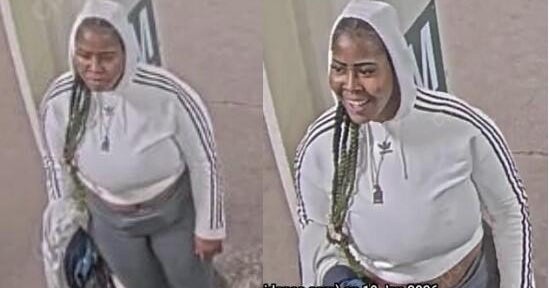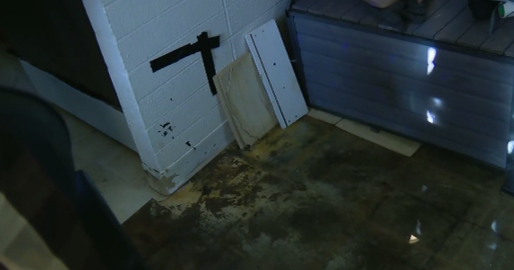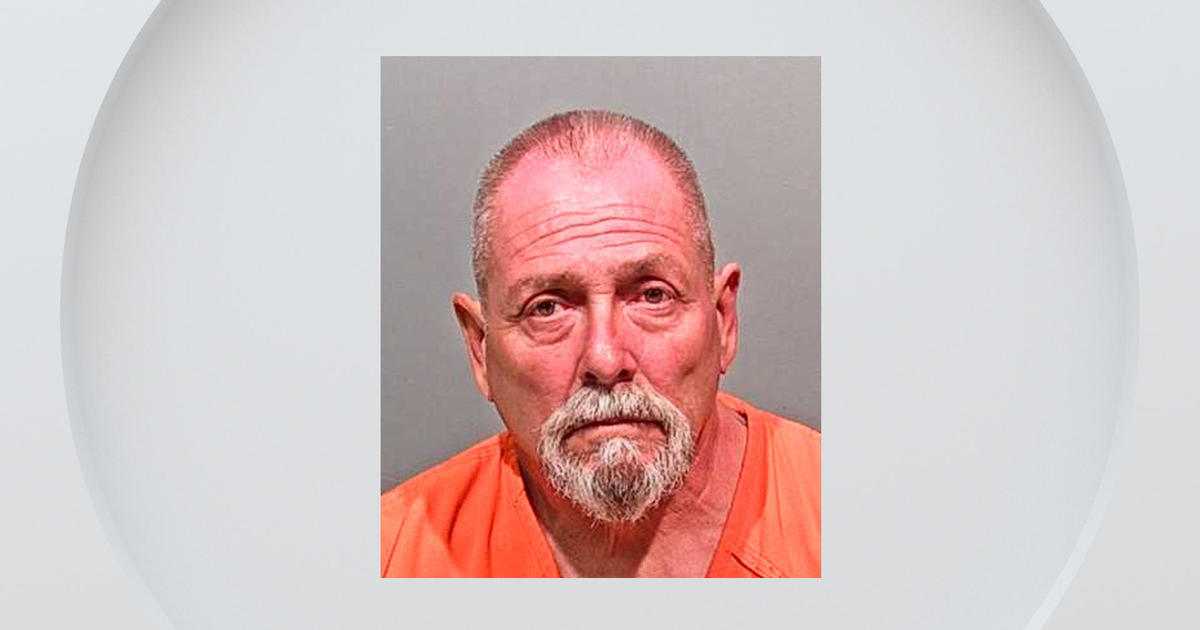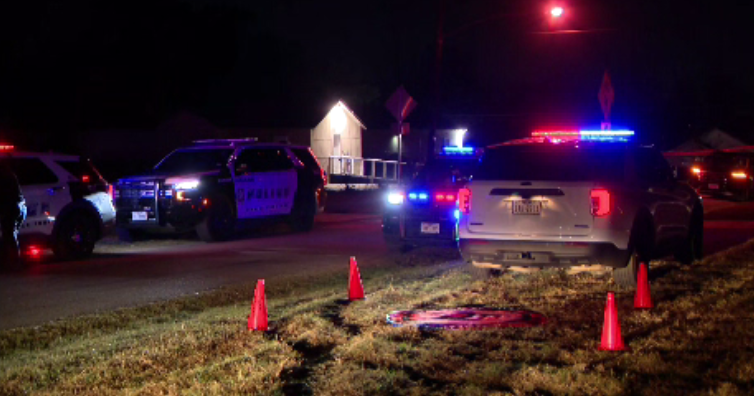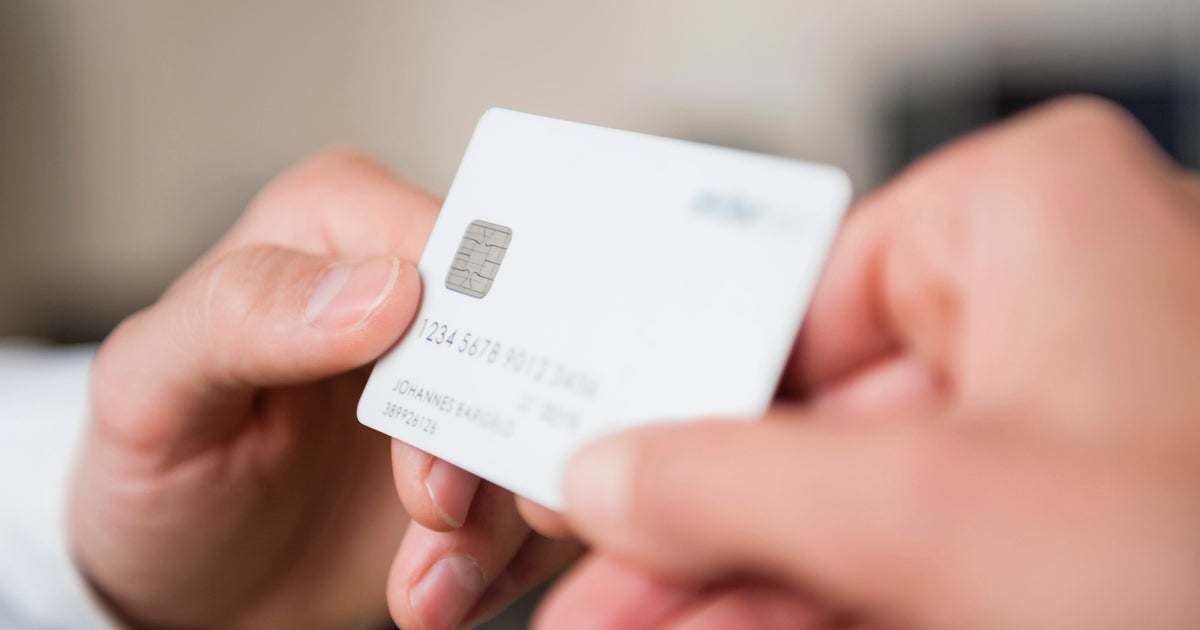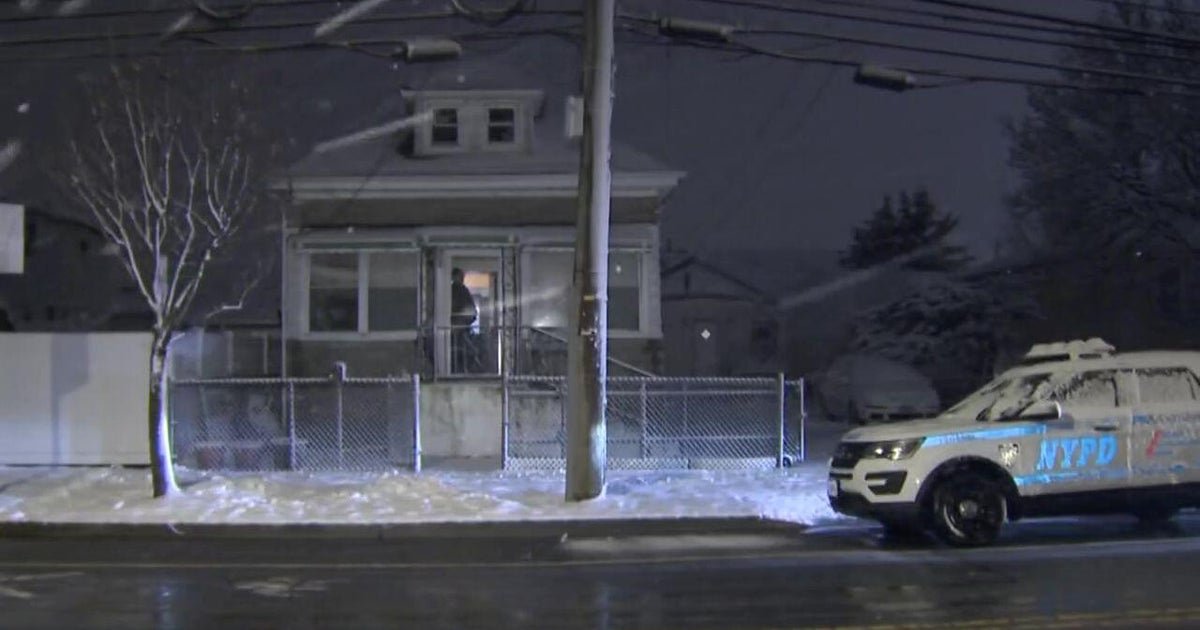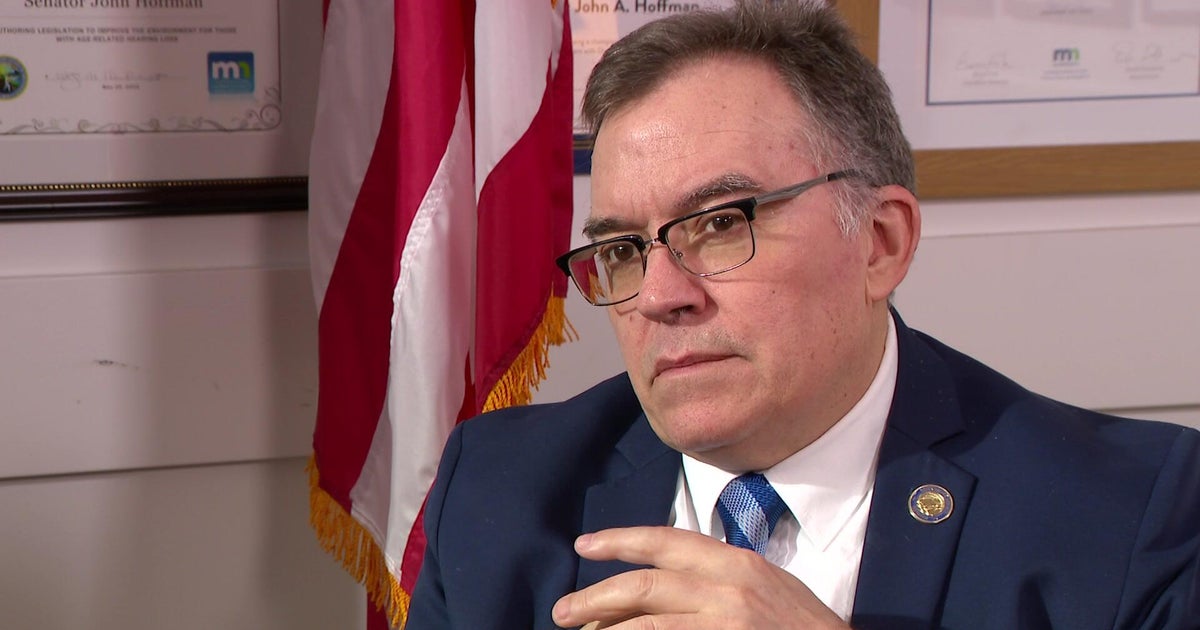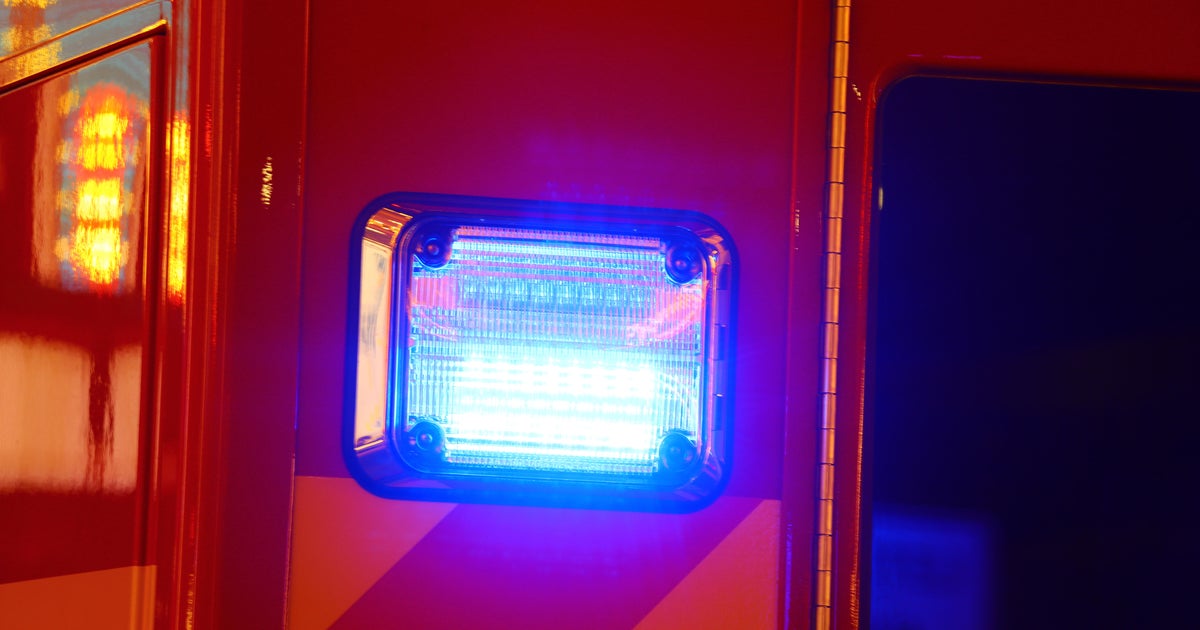CTA adding more security guards to reduce crime; transit union calls tactic 'just a Band-Aid being put on a bullet wound'
CHICAGO (CBS) -- The CTA has announced a new plan to keep passengers safe, increasing the number of security guards stationed on the Red and Blue Lines, while cracking down on all types of "conduct issues."
CBS 2's Steven Graves reports the CTA's recent revamp of security tactics is coming as crime and tensions rise, but has left some wondering how it will help.
"Our members are upset. I'm upset," said Amalgamated Transit Union President for Trains Eric Dixon, adding CTA riders are scared.
Dixon called the CTA's newest attempt to make guards more visible during peak hours on the Red and Blue Lines "just a Band-Aid being put on a bullet wound."
Crime has played out almost every day this week on trains.
Chicago Police are searching for two men and a woman accused of taking a man's phone and beating him on the Red Line on Tuesday.
Meantime, Bob Tataryn is now getting closure, with an arrest on Wednesday, after he and his wife were beaten last week after following them from the Blue Line.
Tataryn and his wife were walking home in Irving Park, when their attacker randomly started beating them, hitting him, "I would say six, seven, eight times to the head."
The attack was random, and the attacker didn't even steal anything – except, of course, for the victims' peace of mind.
CBS 2 looked at violent crime on trains from January to the end of February over the past five years. It was at its highest in 2020.
Acts of battery, specifically, continue to rise, with 15 such incidents so far this year.
Kyle Lucas saw more unarmed guards – more than a dozen – this week on the Red Line.
"It was very interesting, because I hadn't heard anything from CTA about it," he said.
Lucas is with the group Better Streets Chicago; fighting for people trained in de-escalation and anti-bias training in lieu of security.
Dixon is pushing CTA to ditch private guards for its own police, claiming current CPD officers helping out are working overtime. He says train operators – some who get attacked – should also have conductors throughout CTA rail cars.
"The money that you utilize for these security firms, put it into our own policing here at the CTA to be able to deter the crime," Dixon said.
CTA officials issued a statement explaining why it no longer has its own police force:
"Like many major U.S. transit agencies, the CTA does not have its own police force. The CTA last had its own police force in the early 1980s, but it was replaced by a much more effective and fiscally prudent partnership with the Chicago Police Department (CPD). Over the last four decades, the CTA and CPD have built a strong, collaborative relationship and network of resources that have greatly benefitted CTA customers.
CPD not only has a Public Transportation unit dedicated solely to transit, but it also uses officers and detectives citywide to deter and investigate crime.
Through this decades-long partnership, CTA and CPD have made investments in investigative and video surveillance technologies that have directly benefitted both the CTA and the City of Chicago. For example, in 2020 the City unveiled the innovative Strategic Decision Support Center (SDSC) within the 1st District, which focuses on safety within the CTA system.
In addition to CPD's Public Transportation Section officers who are working to increase safety across the 145 stations and approximately 224.1 miles of track, the SDSC room also has access to the CTA's surveillance network and can monitor and track active and ongoing incidents in real-time. This allows for quicker deployment to active incidents and gives officers the ability to capture and disseminate critical intelligence more efficiently. This also allows for CPD to pinpoint areas in the CTA system that require additional police presence and create deployment strategies based on in that information."
CTA officials also said they are working with social services to address issues like homelessness.
They claim ridership more than doubled last year after a pandemic slump, and it's currently holding steady.
